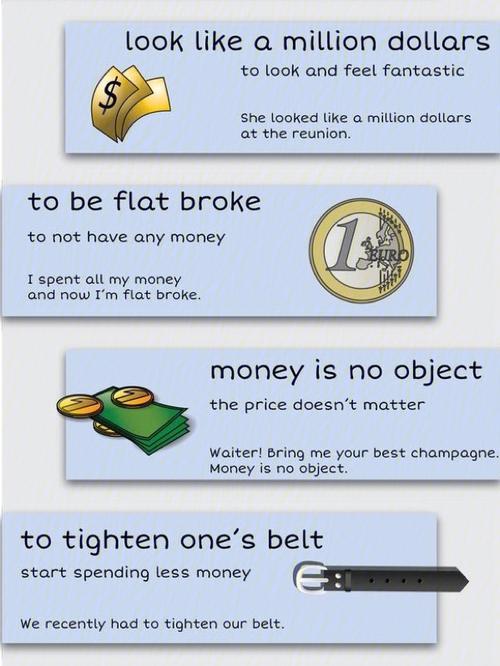Are Video Games a Waste of Time and Money?
Video games have been a topic of debate for years, with many questioning whether they are a waste of time and money. In this article, we will explore various aspects of video gaming to help you form your own opinion.
Time Consumption
One of the main concerns about video games is their potential to consume a significant amount of time. While it’s true that some players can become engrossed in gaming sessions, it’s important to consider the balance. According to a report by the Entertainment Software Association, the average American spends about 6.5 hours per week playing video games. This may seem like a lot, but it’s important to note that many gamers also have other hobbies and responsibilities.
Moreover, gaming can be a form of stress relief and relaxation. Many people find that playing video games helps them unwind after a long day at work or school. In fact, a study published in the Journal of Cyberpsychology, Behavior, and Social Networking found that gaming can improve cognitive functions and reduce symptoms of depression and anxiety.
Financial Investment
Another concern is the financial investment required to play video games. The cost of purchasing a console, games, and additional accessories can add up quickly. However, it’s important to consider the value that gaming provides. For many, video games offer an immersive and entertaining experience that can be comparable to a movie or a live event.
Additionally, many games have a long lifespan, with regular updates and expansions that keep the content fresh and engaging. This means that your investment can last for years, providing countless hours of entertainment. Moreover, many games are available for free-to-play, allowing players to enjoy the experience without any initial financial commitment.
Social Benefits
Contrary to the belief that video games are a solitary activity, many games offer social benefits. Multiplayer games, in particular, allow players to connect with friends and strangers from around the world. This can foster a sense of community and camaraderie, as well as improve communication and teamwork skills.

Furthermore, gaming can also be a way to bond with family members. Many parents enjoy playing video games with their children, which can help strengthen relationships and create shared memories. In fact, a study published in the Journal of Cyberpsychology, Behavior, and Social Networking found that gaming can improve family communication and reduce conflict.
Educational Value
Video games are not just a form of entertainment; they can also have educational value. Many games are designed to teach players various skills, such as problem-solving, strategic thinking, and even language learning. For example, games like “The Oregon Trail” and “SimCity” have been used in educational settings to teach history and urban planning, respectively.
Moreover, some games are specifically designed to help players develop specific skills, such as hand-eye coordination, memory, and attention to detail. These games can be particularly beneficial for children and adults with cognitive disabilities or learning difficulties.
Conclusion
While video games can be a significant time and financial investment, they also offer numerous benefits. From providing entertainment and stress relief to fostering social connections and offering educational value, video games can be a valuable part of many people’s lives. Ultimately, whether or not video games are a waste of time and money depends on the individual and their personal priorities.
| Aspect | Pros | Cons |
|---|---|---|
| Time Consumption | Stress relief, relaxation, cognitive improvement | Potential for excessive gaming, neglect of other responsibilities |
| Financial Investment | Entertainment value, long lifespan of games | Cost of console, games, and accessories |
| Social Benefits | Community, communication, teamwork | Potential for online harassment, addiction |
| Educational Value | Problem-solving, strategic thinking, language learning | Not suitable for all ages, potential for distraction |


